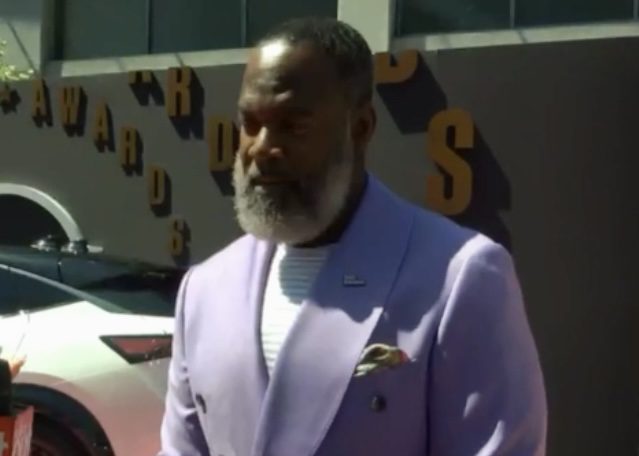Charles Coleman Jr. is a civil rights attorney and a legal analyst for CNN who specializes in Equal Employment Opportunity laws, human resources solutions, and the support of diversity and inclusion efforts in the workforce.
The former New York prosecutor talked about hip-hop’s impact on the culture and him.
How has hip-hop impacted the culture and you?
Hip-hop has always been the story of our culture. It’s always been revolutionary. It’s always been political. It’s always been that fusion of the block in the boardroom. For me, as a civil rights attorney, to be able to connect those narratives, and to have hip-hop as a platform and as a vehicle has been invaluable. It’s been the soundtrack not only to my life but also to my career as a civil rights attorney. To be here on the 50th anniversary of hip-hop, the biggest night in culture celebrating with BET, it’s huge. It’s amazing. It’s an honor.
How have you navigated the heavy emotions that come with being a civil rights attorney?
I think that’s another example of just how hip-hop helps us process. We go through so many different emotions, as a community, and some of the things that we deal with are things that we have to stomach and things that we have to swallow. Hip-hop is a voice and it helps us express that. It’s a platform for using our voice, expressing our power, and figuring out how we channel all that energy from those different very emotional experiences. In that way, hip-hop has been so invaluable to all of us because it helps us say the things we may not necessarily have the words for ourselves.
Which artists have helped you get through the challenges of life?
Nas, Jay-Z, Rick Ross, Black Thought and Scarface.



